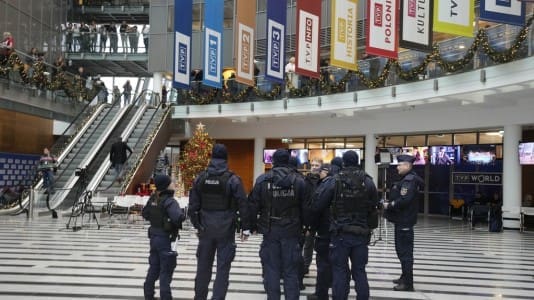Russia has announced successful tests and plans to begin mass production of its new Drel bomb this year, Russian state news agency TASS reported, citing a representative of state defense corporation Rostec.
“Mass production of the munition will begin this year,” Rostec announced.
Officially, the Russian Federation says the Drel is designed to destroy armored vehicles, ground radar stations, power plant control centers and anti-aircraft missile systems.
“Drel (cluster bombs) are capable of flying the required distance from the target and opening up over it at the right moment,” the Russians announced.
Russia first announced the development of a new bomb in 2016. Rostec claims it “is almost impossible to detect on radar.”
According to Reuters, Western sources say the Drel is a type of cluster bomb, which, although banned in more than 100 countries, is actively used by Russia in Ukraine. The U.S. and Ukraine have not banned the weapon either.
Cluster bombs release a large number of smaller bombs that explode over a large area. Those that fail to explode can remain across the landscape for decades and represent a serious threat to civilians.
Meanwhile, in November, British intelligence reported that Russian troops had begun using 500-kilogram RBK-500 cluster bombs more frequently.
According to intelligence sources, Russia has upgraded them and equipped them with new control systems. In particular, RBK-500s have been widely used against Ukrainian forces at the Vuhledar Bulge and near Avdiivka.
However, Russia is not the only country using cluster bombs, with the U.S. also including the weapon in its arsenal. The Biden administration even announced that they were sending the controversial munitions to the Ukrainians.
As Remix News reported last year, Valeriy Serseny, a spokesman for the Ukrainian armed forces fighting in the southeast of the country, confirmed receipt of cluster munitions from the U.S.





